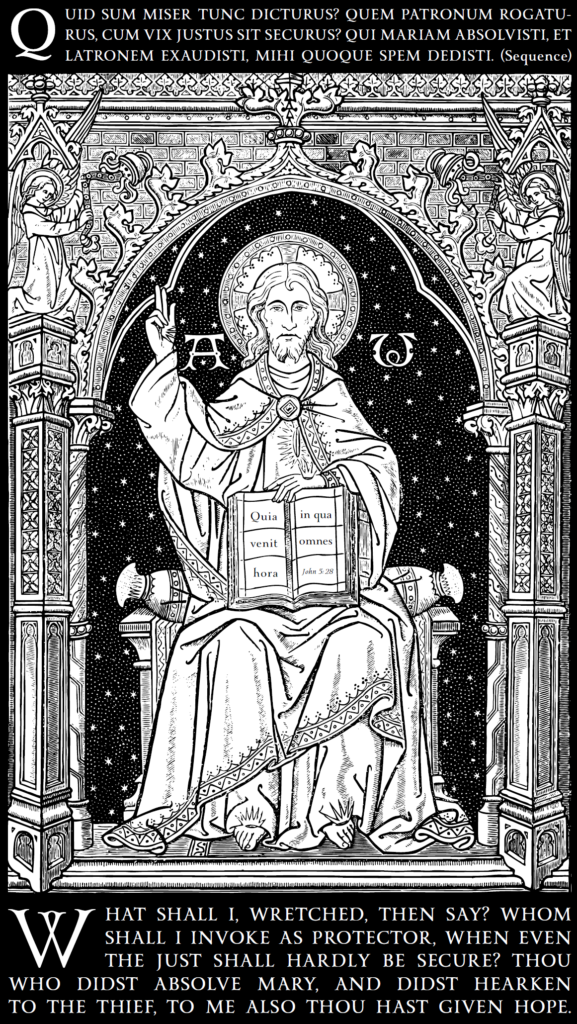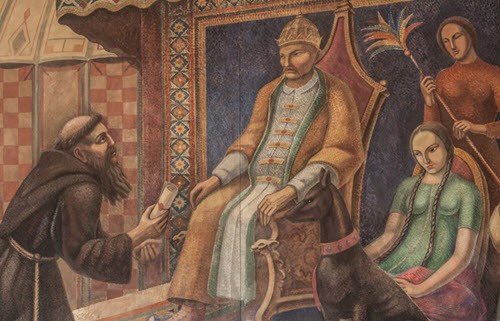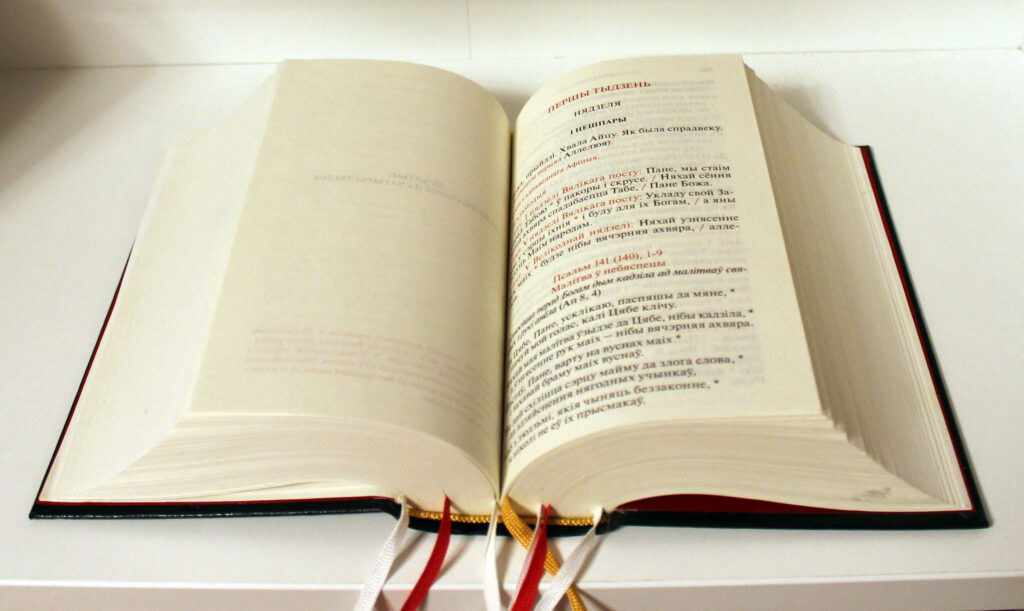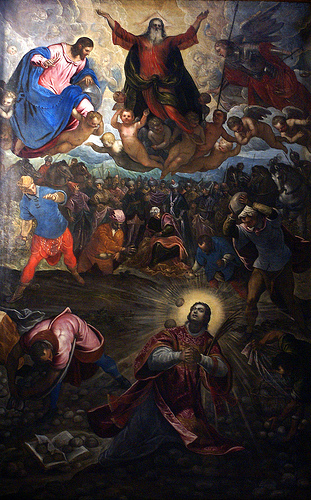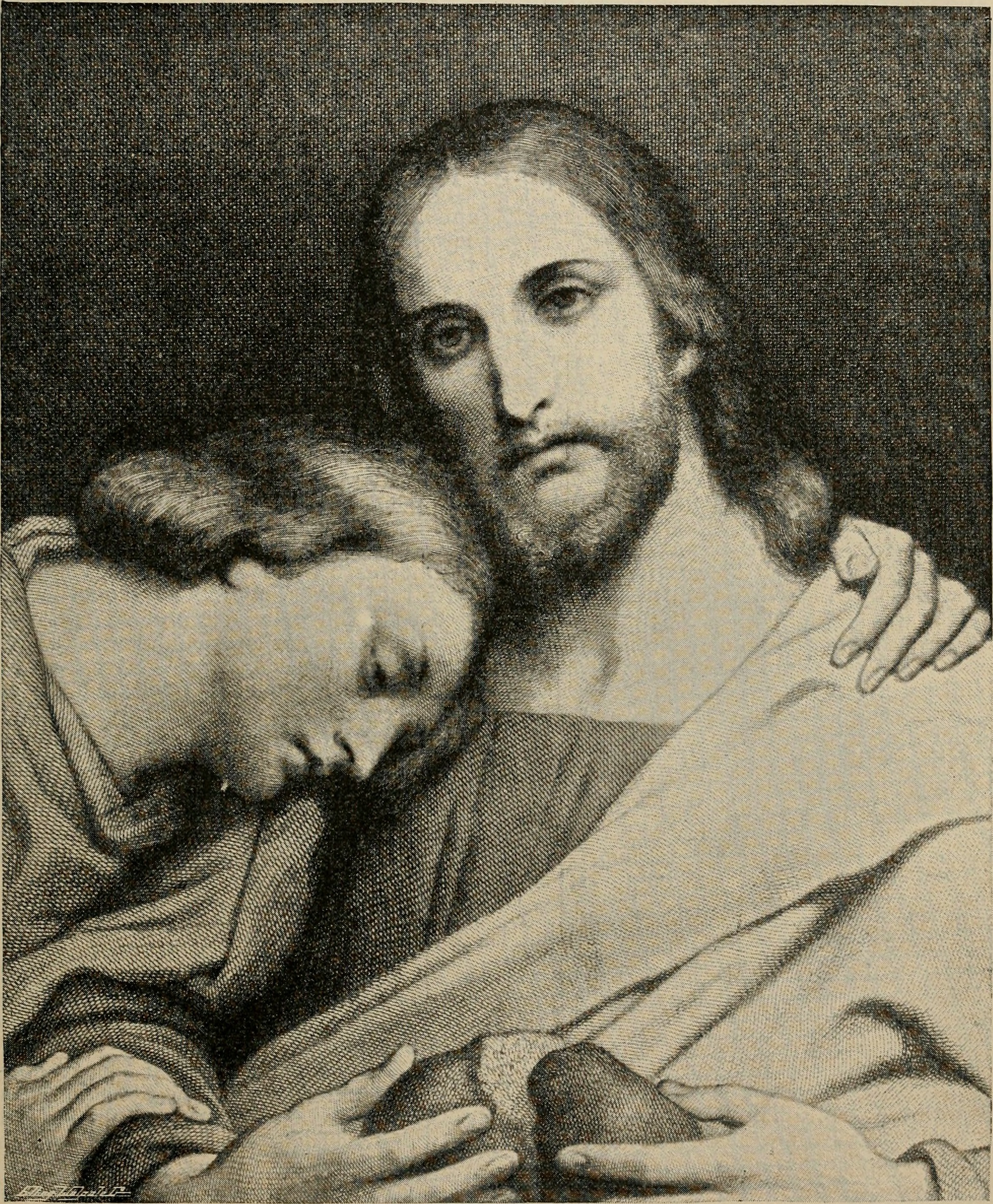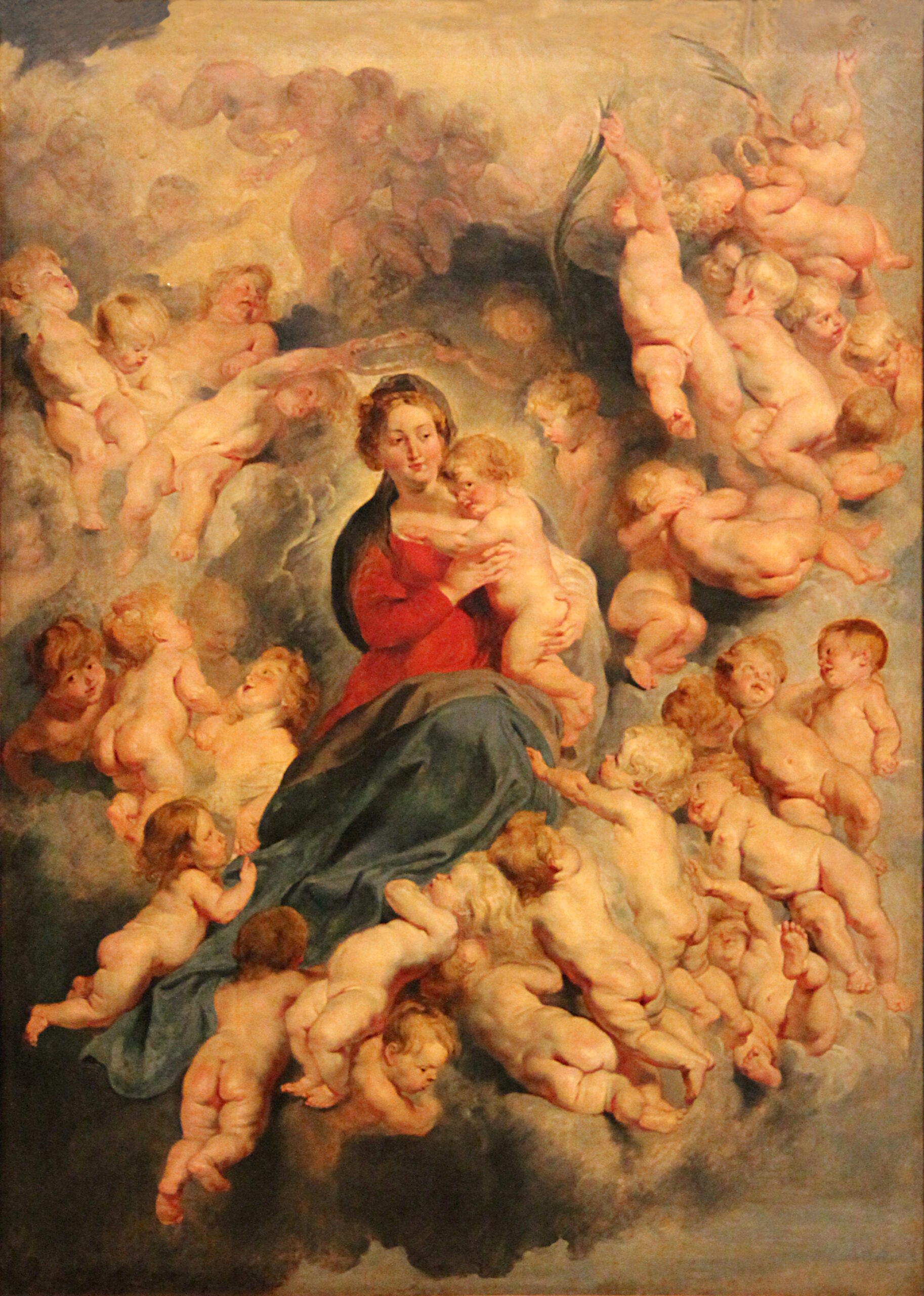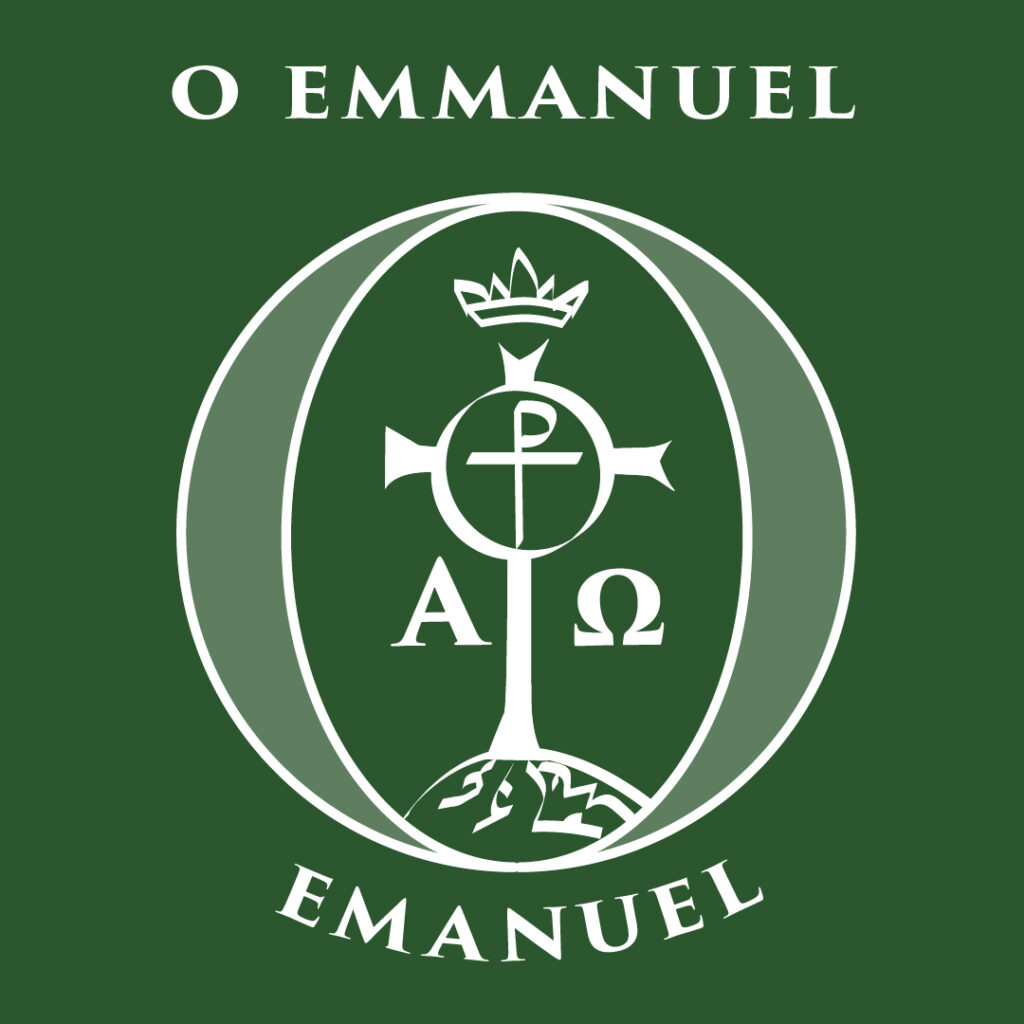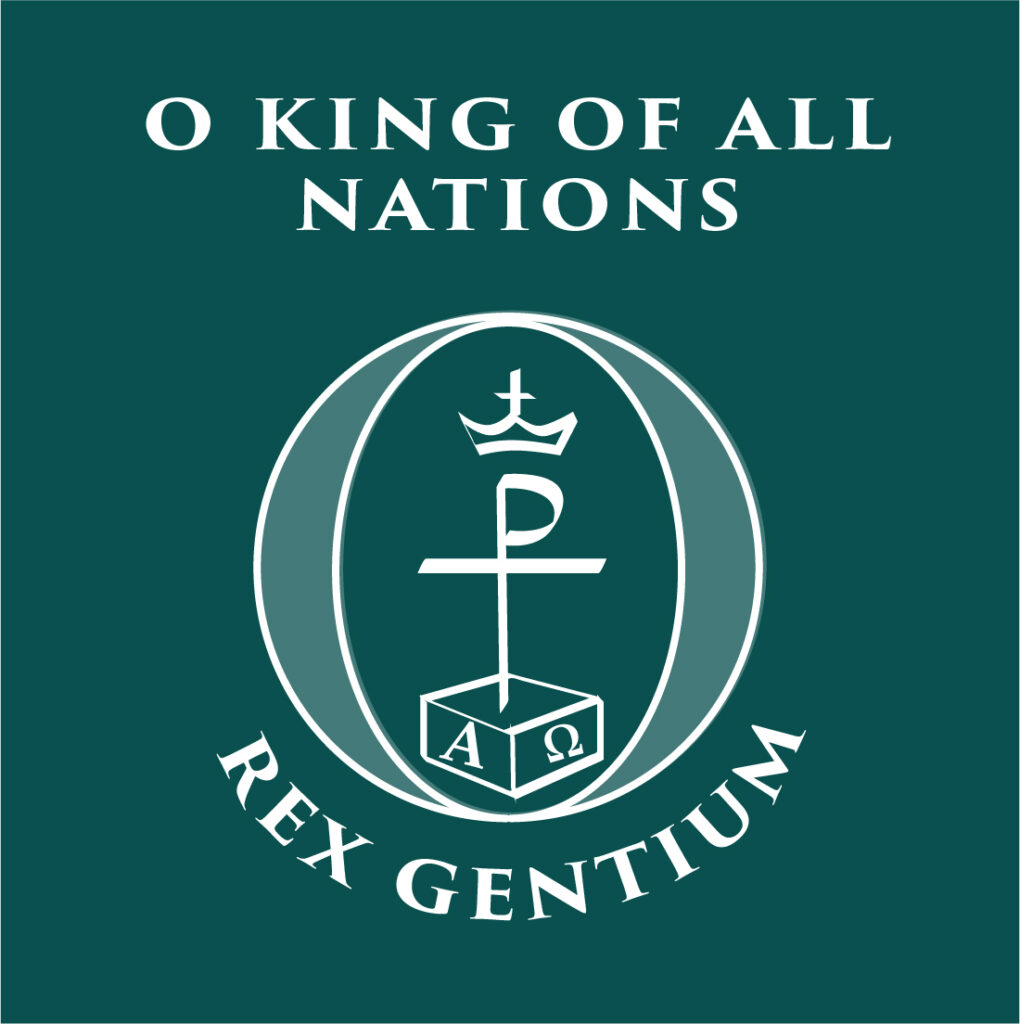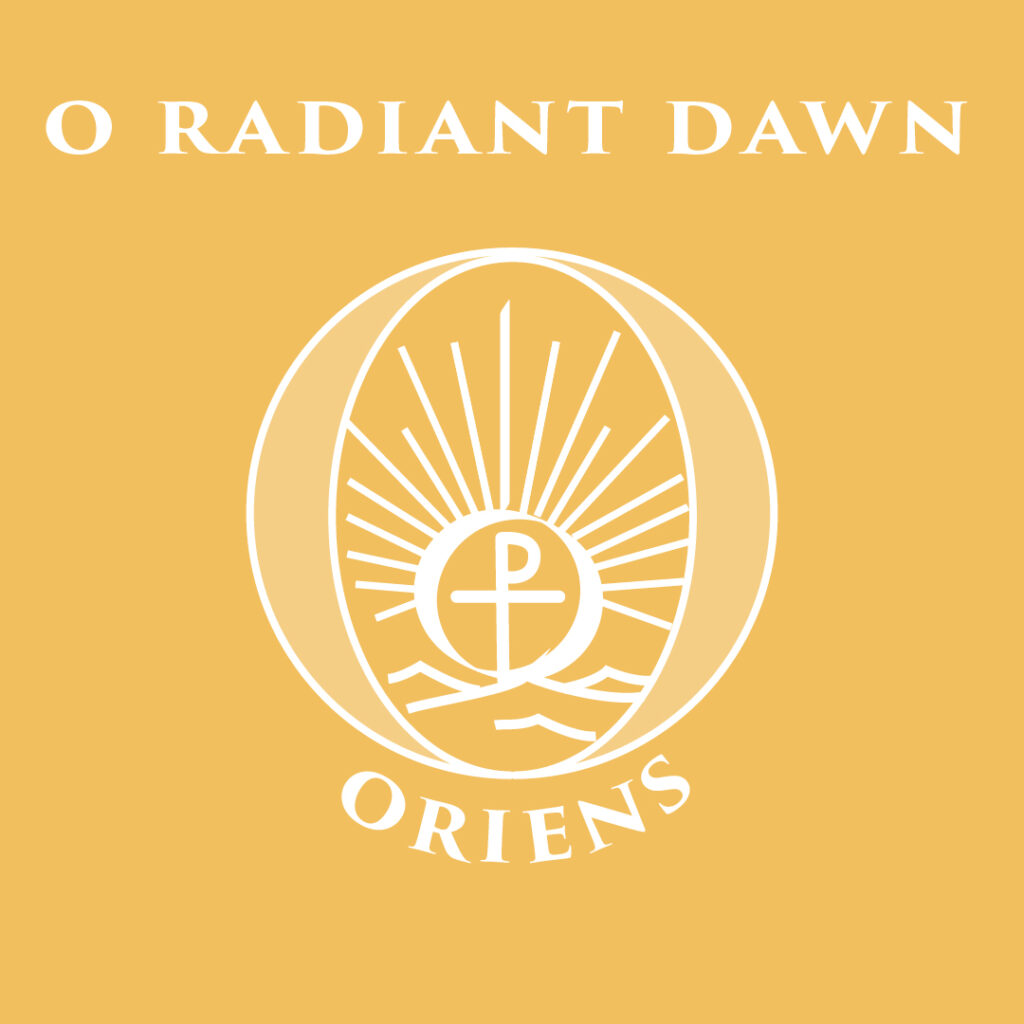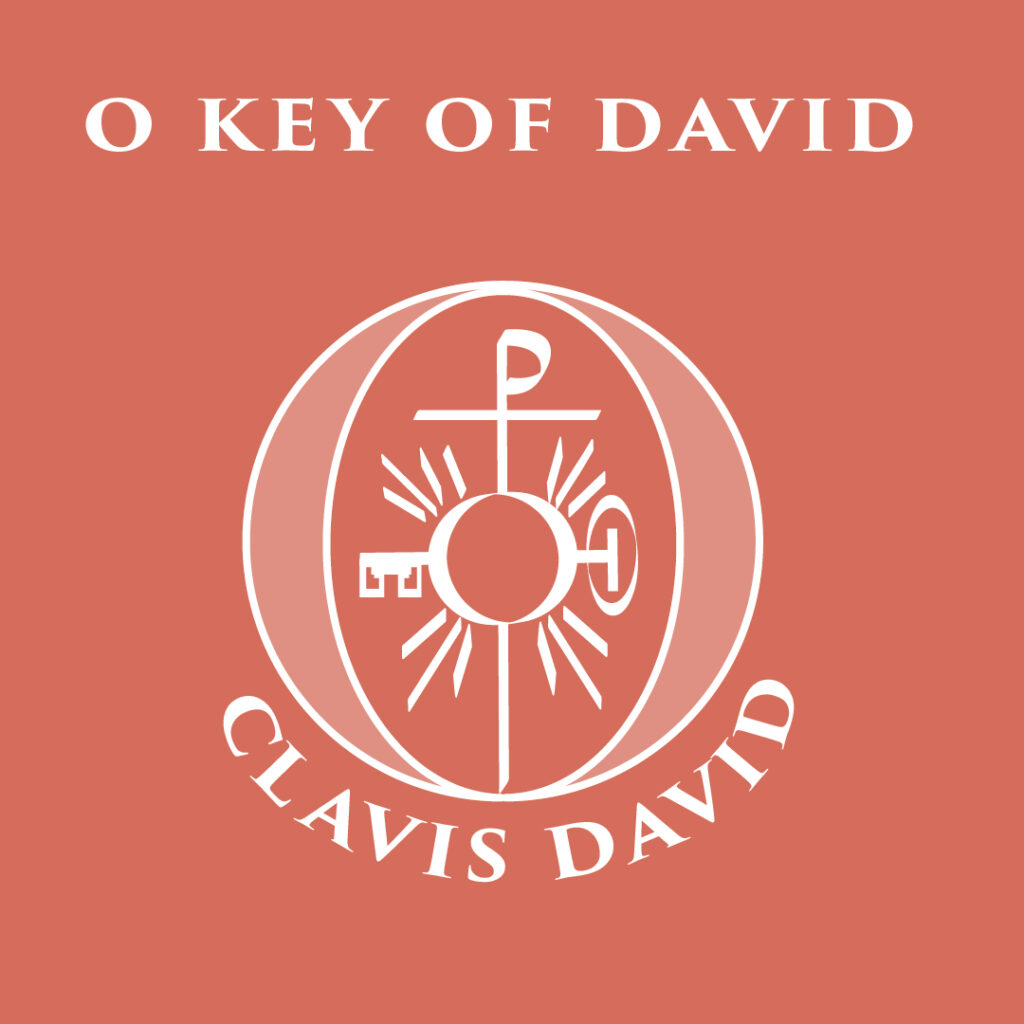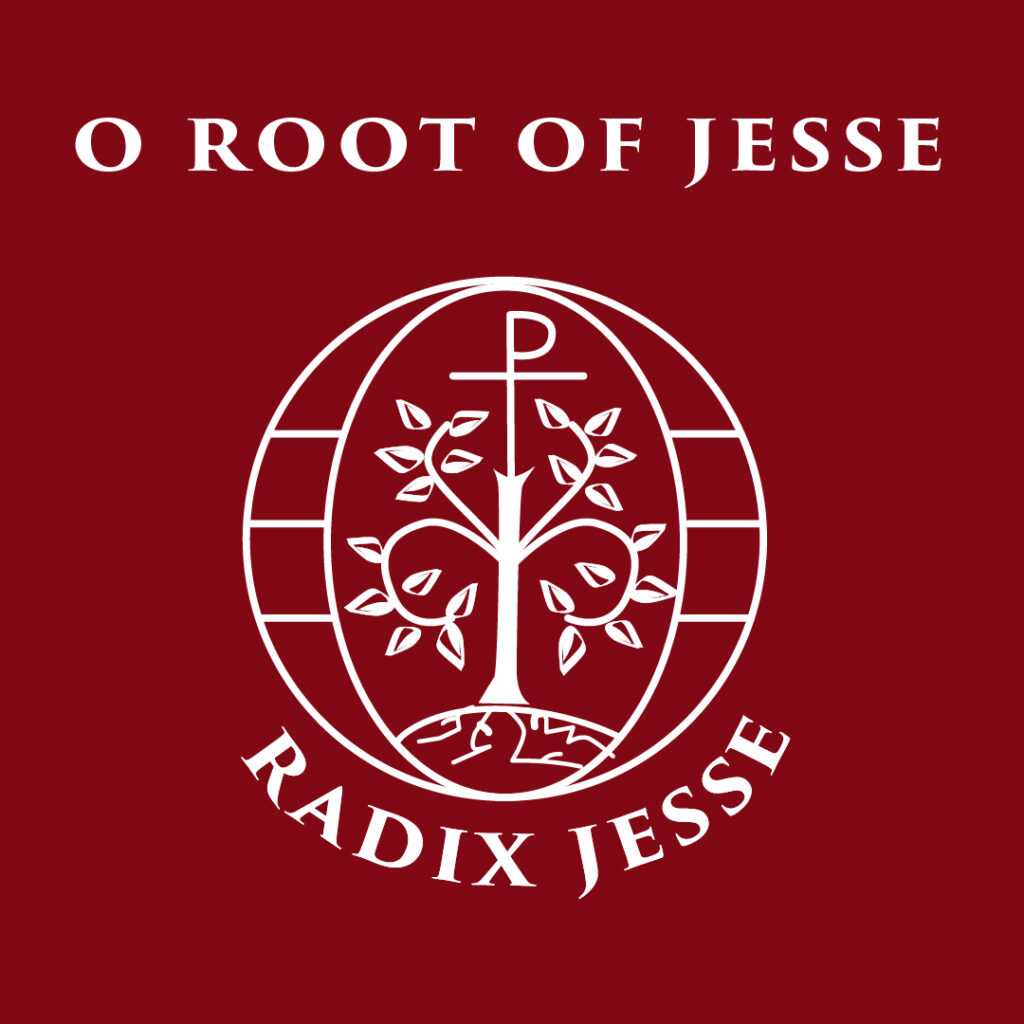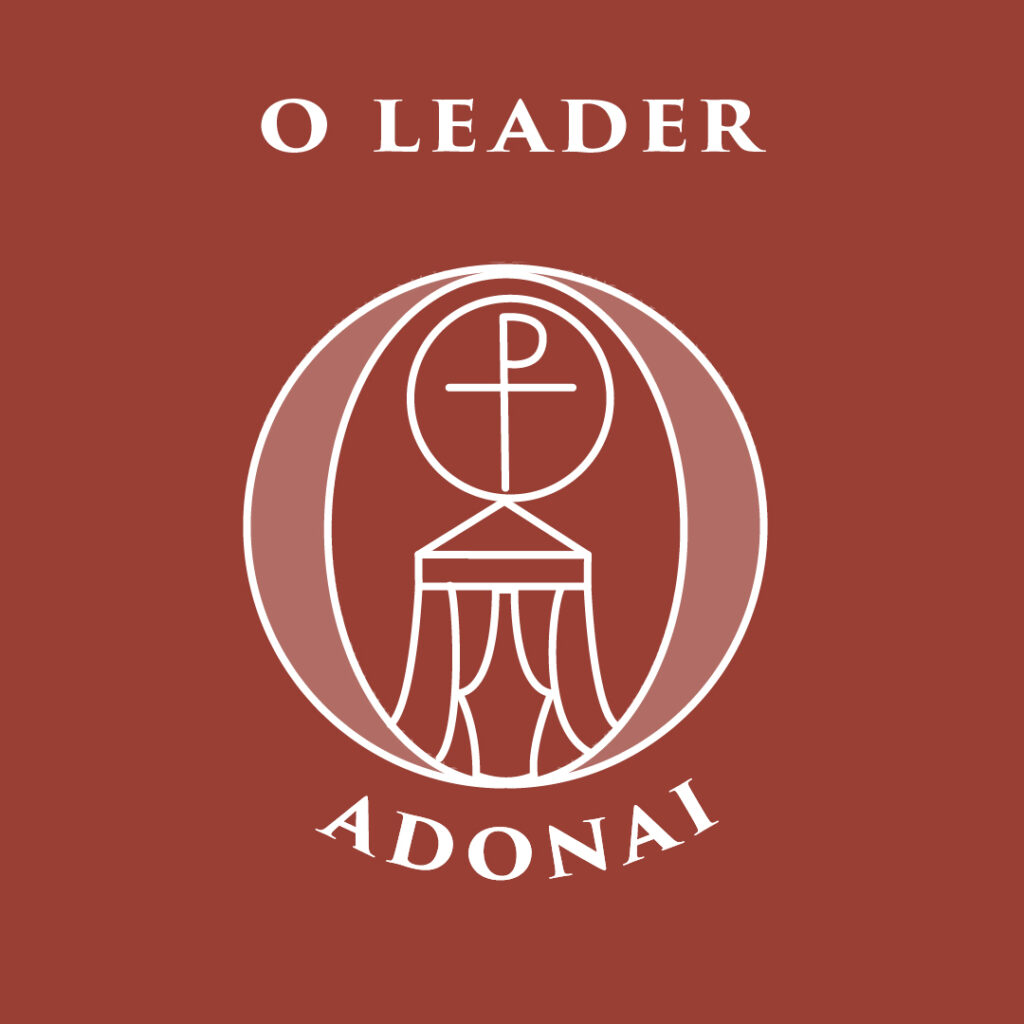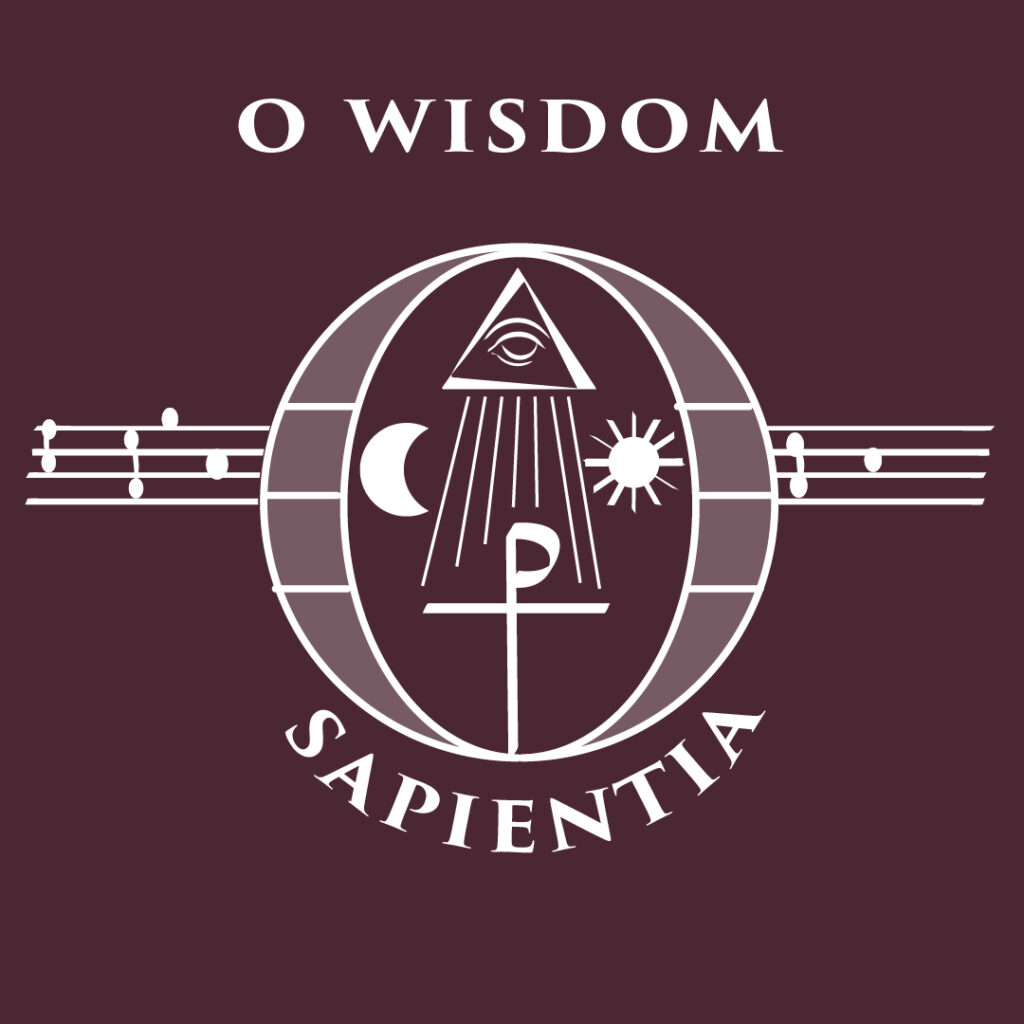Almost a year ago, I started a series at the parish website – a weekly pastor’s post. I quickly found that I enjoy the opportunity to research saints I wouldn’t otherwise celebrate or know, muse a bit on topics that didn’t quite fit the bulletin or in a homily, highlight current events in-parish and out, or learn about odd trivia for a given date.
With the announcement of the upcoming priest transitions in Partners in the Gospel, it occurred to me that this was a good time to move over to my personal blog for this kind of thing – that way I can continue doing these while not necessarily obligating my successor to do so when he arrives in July. I usually post them on Mondays or Tuesdays – I hope these offer a pleasant way to start the week!
P.S. I’ve added a new feature to these posts – the week’s priestly anniversaries and necrology. Please spare a moment to pray for these priests this week!
April 16 – 779 years ago today (1245), two Franciscan envoys left Lyon as missionaries to Mongolia. Giovanni da Pian del Carpine and Benedict to Pole were the first Catholics to make this trip. Upon his return, Carpine was the first European to give an account of a Mongolian court! Read about them at the Central Minnesota Catholic website.
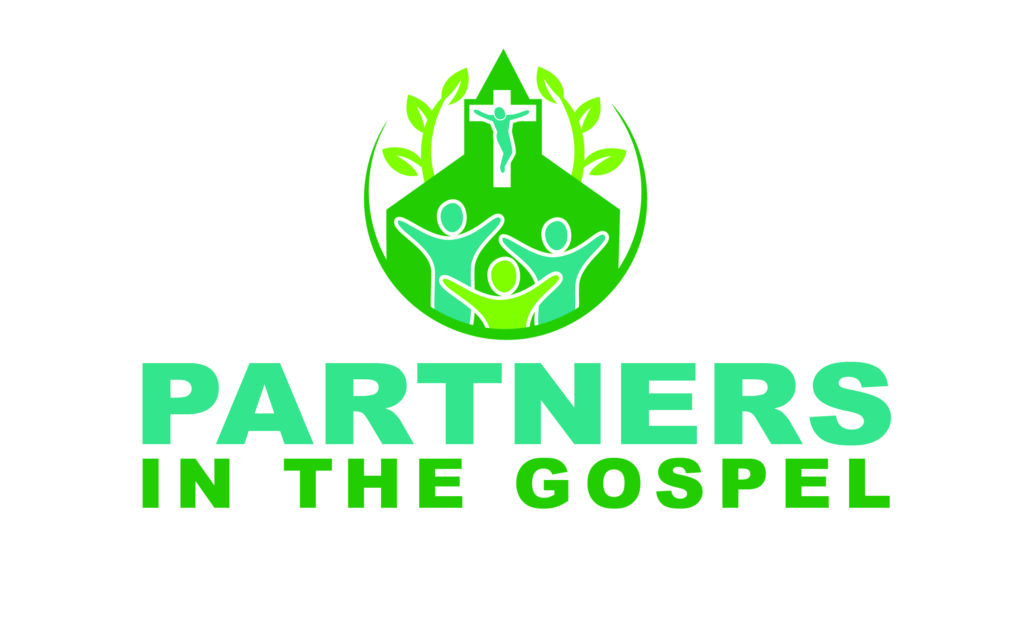
April 17 – Please pray for all of the pastors the archdiocese today through Friday as we gather together in preparation for the next phase of Partners in the Gospel. As you might imagine, we share in the anxieties and hopes of every Catholic in the archdiocese! Know of our prayers for you, too, during this time.
April 19 – Though I am away, our parish school will nonetheless gather at the normal time in the church for prayer. Since the pastor is away (that’s me 😬), the school will be praying Lauds or Morning Prayer from the Liturgy of the Hours. Though clergy and religious are required to pray the Liturgy of the Hours, all Catholics are encouraged to enter into this liturgical practice regularly. If you’re intimated by the books, consider using an app! I highly recommend iBreviary and Divine Office – both of which have browser versions and apps for iPhone and Android devices.
April 20 – This Saturday (and Sunday) kicks off the Saint Mark parish ministry fair! Organized by one of our pastoral council members (thank you, Paul!) and staffed by representatives from our parish ministries, programs, and groups, this is an opportunity for every parishioner to see, celebrate, and support the good work that is done year-round in our community. Especially as we prepare for the new pastor & vicar of our parish family, we need folks to help ensure that these efforts may continue to thrive and grow! Read about it in the parish bulletin (page four).
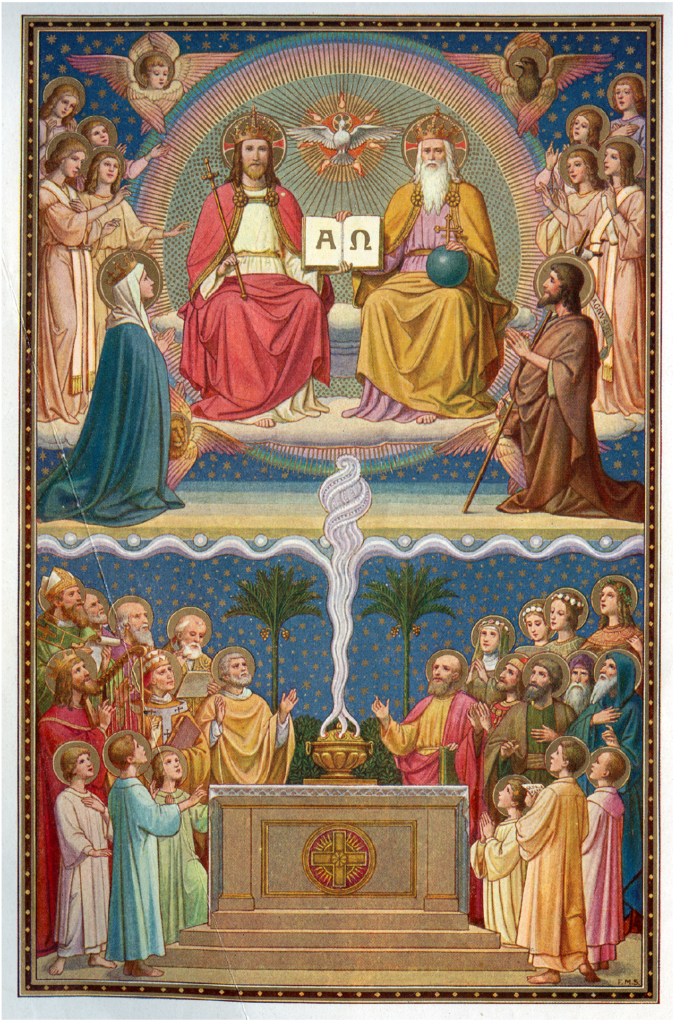
Priests celebrating their anniversaries this week
- Father Martin Bourke (April 14, 1974)
- Father Horacio Yanez (April 15, 1975)
- Father Chrispin Obico (April 17, 1983)
- Father Naresh Gali (April 17, 2012)
Remembering our deceased priests
- Monsignor Gustave Achtergael (April 14, 1943)
- Father Hervey Vanasse (April 14, 2001)
- Father Joseph Doran (April 15, 1964)
- Father August Banasky (April 15, 1985)
- Father John Koehler (April 15, 2013)
- Archbishop Thomas Connolly (April 18, 1991)
- Father Patrick Donnelly (April 19, 1968)
- Father Francis Jones (April 19, 1936)
- Father Joseph Simon (April 19, 1959)
